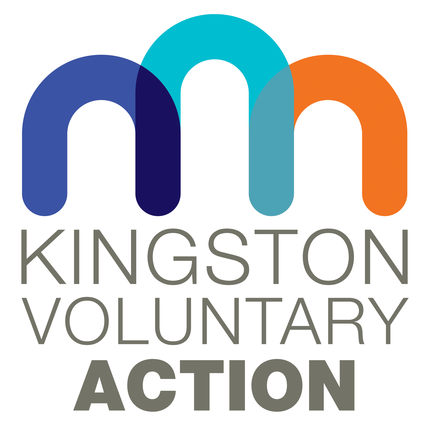New NHS Guidance relating to ‘Working in Partnership with People and Communities’
The NHS has issued new guidance to Integrated Care Systems on the requirement (both legal and practical) of involving people and communities in making decisions about service changes and how money is spent. The guidance proposes that senior leaders have a particular role in making this happen and sets out expectations about what this means in practice including:
-
Understanding and acting on what matters to people
-
Demonstrating how their organisations meet the legal duties to involve
-
Working with partners to put people at the centre of everything they do
-
Ensuring there are resources for their organisations to do this work effectively
-
Spending time personally listening to and understanding their local communities
The NHS is changing the way that the health and care system is organised. Integrated Care Systems (ICS) are being introduced and will be fully operational from April 2022.
These are partnerships that bring together providers and commissioners of NHS services across a geographical area to integrate care across different organisational settings, joining up hospital and community-based services and helping the NHS to support social and economic development (the ‘wider determinants of health’).
The main focus will be on local places and populations as the driving forces for improvement, so local authorities will have a much closer involvement in collectively planning health and care services to meet the needs of their population. (We already have the Joint Strategic Needs Assessment and Health & Care Plan, both of which come under the Health & Wellbeing Board (link).) There will still be parts of the system that will be handled on a national or regional basis, because of the importance of economies of scale, such as the ambulance service, hospitals and some specialist mental health services.
Kingston will be part of the South West London ICS, along with Richmond, Merton, Sutton, Croydon and Wandsworth. However, at a local level, there will be a Place (borough) Committee that will have a say in how local priorities are defined and how services are commissioned.
Delivery of services will be built around existing primary care networks (PCNs) across the borough, through NHS providers, local government, primary care and the voluntary sector, working in partnership and funded by a greater share of devolved primary care and improvement funding. There is also the potential for the development of shared career pathways across different elements of the system.
Work is going on to effect this ‘transition’: there are place-based ‘Transition Teams’ with responsibilities allocated across the different boroughs. In Kingston
- The NHS Primary Care Lead is Dr Naz Jivani
- The NHS Acute Care Lead is Jo Farrar
- The NHS Community Lead is David Hawkins
- The NHS Mental Health Lead is Vanessa Ford
- The Local Authority Lead is Sharon Houlden
There are also a number of ‘Recovery and Transition’ programmes, to ‘build back better’ after the pandemic, including one called ‘Strengthening Communities’, which includes a strand to ‘Support places in developing the capacity of the voluntary and community sector to improve community health and wellbeing’.
KVA’s role
Our CEO, Sanja, sits on the Kingston Place Leaders Group.
Sanja is also a member of the Health & Wellbeing Board, which will play a key role within the local Integrated Care System
We will provide regular updates on what is happening in the borough and how the ICS is developing.
A Voluntary Sector Forum meeting took place in July 2021 at which Dr Naz Javani provided an overview of ICS developments in Kingston and more widely.
